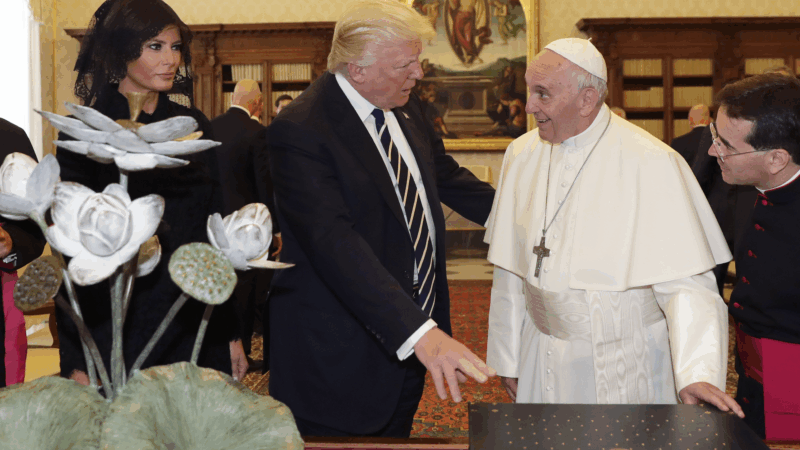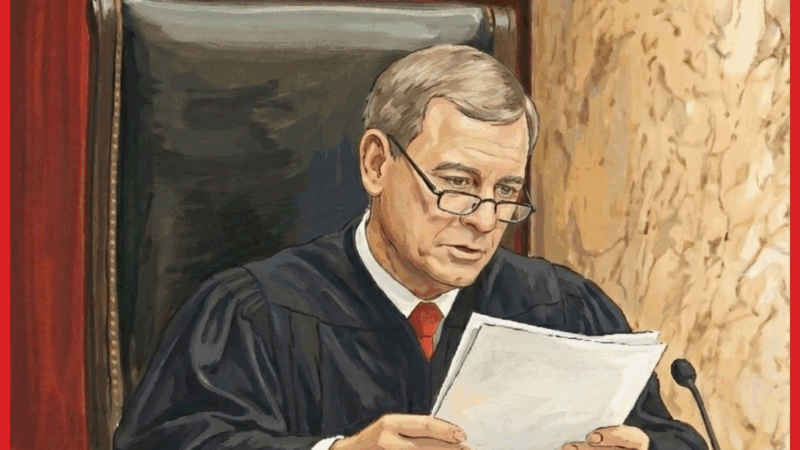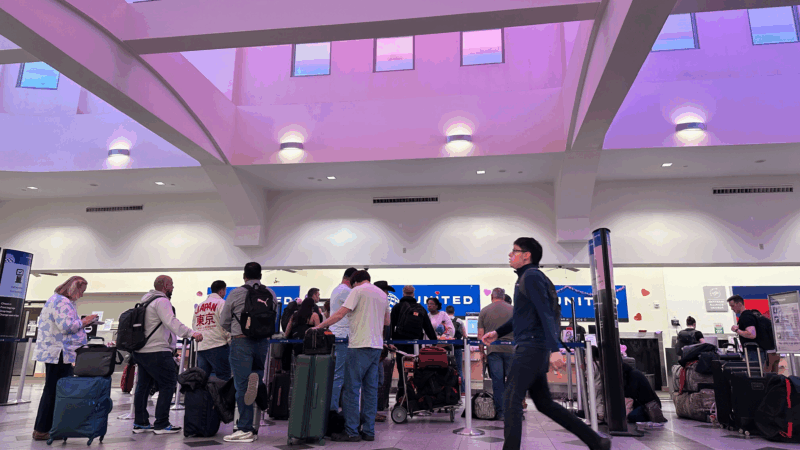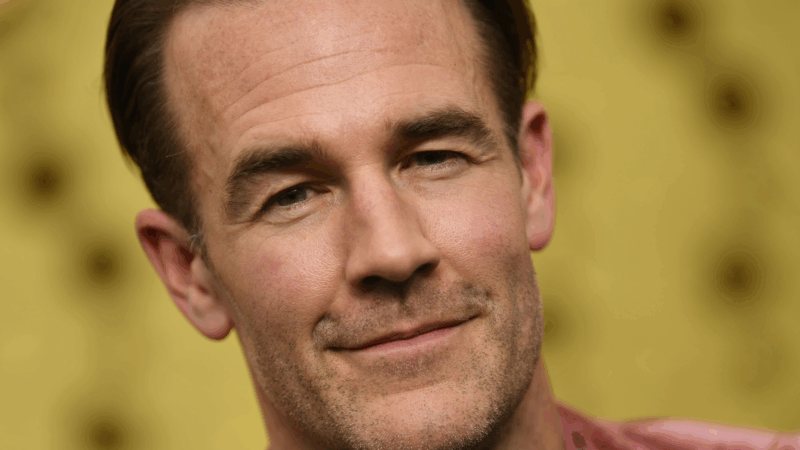A brief history of Trump’s feud with Pope Francis

President Trump has acknowledged the pope’s death in a one-line post on Truth Social, writing: “Rest in Peace Pope Francis! May God Bless him and all who loved him!”
Trump and Francis clashed repeatedly in recent years.
Trump praised the pope at the start of Francis’s papacy, in 2013, several years before Trump reached the White House.
“The new Pope is a humble man, very much like me, which probably explains why I like him so much!” Trump tweeted in December of that year, several months after Francis became pope.
Things soured soon after. During the 2016 election, Francis roundly criticized Trump’s campaign proposal to build a wall on the U.S.-Canada border.
“A person who thinks only about building walls, wherever they may be, and not building bridges, is not Christian,” Francis said at the time.
Trump — who aggressively courted evangelical Christian leaders and voters during his campaign — fired back immediately, saying, “for a religious leader to question a person’s faith is disgraceful.”
“If and when the Vatican is attacked by ISIS, which as everyone knows is ISIS’s ultimate trophy, I can promise you that the Pope would have only wished and prayed that Donald Trump would have been President because this would not have happened,” he added.
Trump met the Pope during a 2017 trip to the Vatican, later telling reporters: “He is something. We had a fantastic meeting.” A photo from the visit, in which Trump is smiling next to a glum-looking Francis, quickly went viral.
Nearly a decade later, amidst the second Trump administration’s crackdown on immigration, the pope once again made a rare public rebuke of the president’s policies.
In a public letter to U.S. Catholic bishops, February, Francis described the program of mass deportations as a “major crisis.”
He said while nations have the right to defend themselves, “the rightly formed conscience cannot fail to make a critical judgment and express its disagreement with any measure that tacitly or explicitly identifies the illegal status of some migrants with criminality.”
“The act of deporting people who in many cases have left their own land for reasons of extreme poverty, insecurity, exploitation, persecution or serious deterioration of the environment, damages the dignity of many men and women, and of entire families, and places them in a state of particular vulnerability and defenselessness,” Francis wrote.
The letter also appeared to respond to widely-criticized comments that Vice President Vance, who is Catholic, had made weeks earlier. Vance said people should care for their family, communities and country before caring for others — and Francis disagreed.
“Christian love is not a concentric expansion of interests that little by little extend to other persons and groups,” the pope wrote.
AI brings Supreme Court decisions to life
Like it or not, the justices are about to see AI versions of themselves, speaking words that they spoke in court but that were not heard contemporaneously by anyone except those in the courtroom.
The airspace around El Paso is open again. Why it closed is in dispute
The Federal Aviation Administration abruptly closed the airspace around El Paso, only to reopen it hours later. The bizarre episode pointed to a lack of coordination between the FAA and the Pentagon.
‘Dawson’s Creek’ star James Van Der Beek has died at 48
Van Der Beek played Dawson Leery on the hit show Dawson's Creek. He announced his colon cancer diagnosis in 2024.
A Jan. 6 rioter pardoned by Trump was convicted of sexually abusing children
A handyman from Florida who received a pardon from President Trump for storming the U.S. Capitol on Jan. 6, 2021, was convicted on state charges of child sex abuse and exposing himself to a child.
A country-pop newcomer’s debut is your reinvention album of 2026
August Ponthier's Everywhere Isn't Texas is as much a fully realized introduction as a complete revival. Its an existential debut that asks: How, exactly, does the artist fit in here?
U.S. unexpectedly adds 130,000 jobs in January after a weak 2025
U.S. employers added 130,000 jobs in January as the unemployment rate dipped to 4.3% from 4.4% in December. Annual revisions show that job growth last year was far weaker than initially reported.







